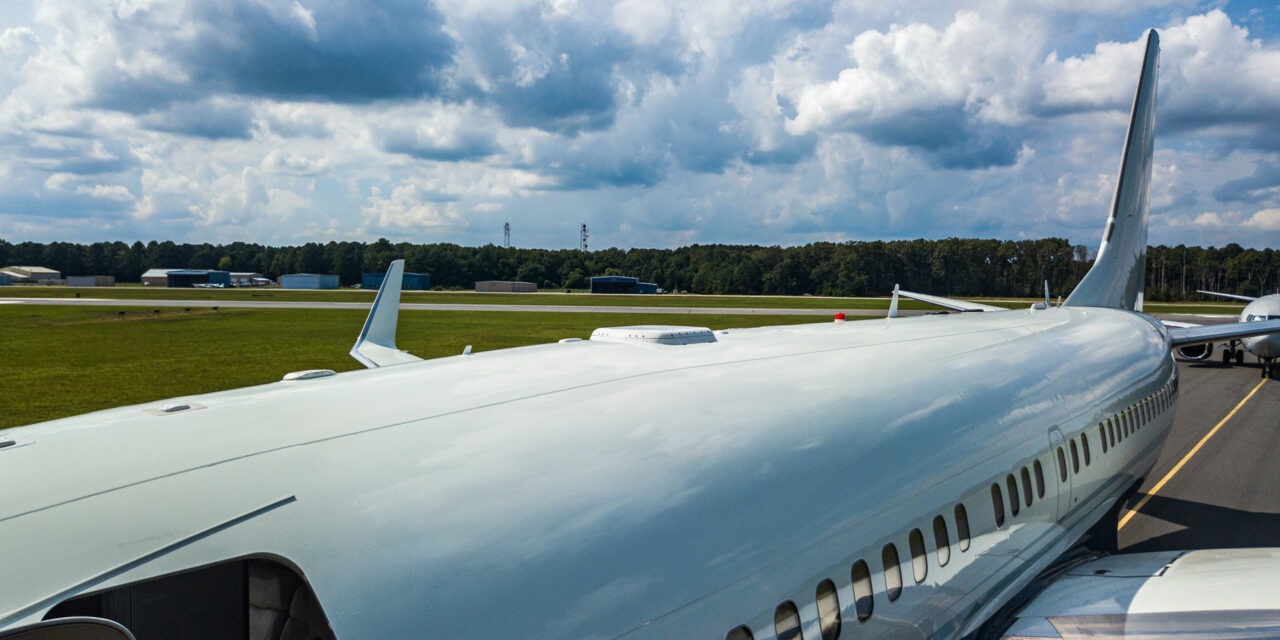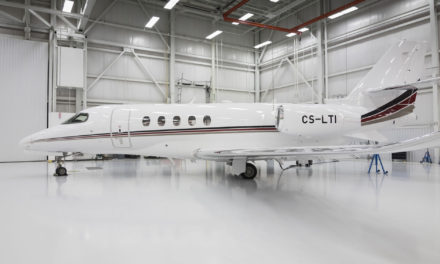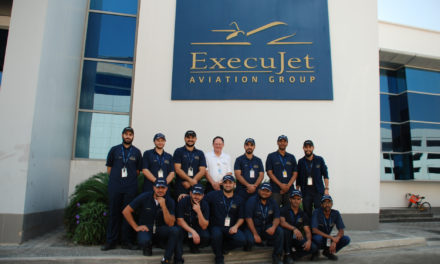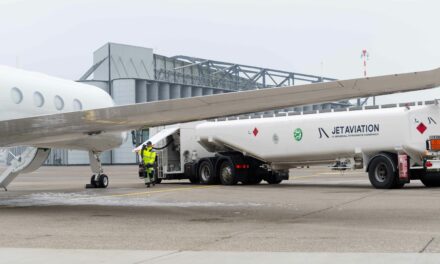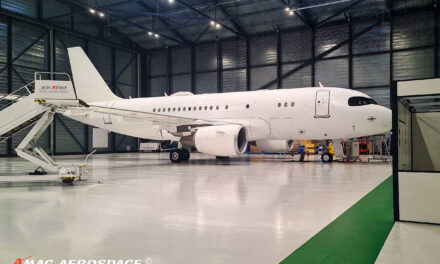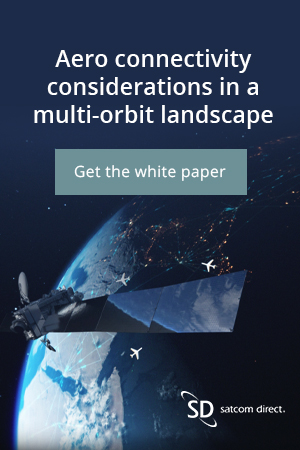The Federal Aviation Administration (FAA) has issued the first Supplemental Type Certificate (STC) for the Gogo Galileo FDX terminal, marking a major milestone in next-generation inflight connectivity. The certificate, developed by ALOFT AeroArchitects, covers Boeing 737NG-based BBJ 1 and BBJ2, as well as BBJ MAX models, and can be adapted to support additional BBJ 737 variants.
Working in close collaboration with ALOFT’s engineering team, Gogo successfully completed the first Galileo FDX installation on a Boeing BBJ 737-700IGW, which previously lacked any onboard connectivity.
“This FAA certification represents a new era for business jet connectivity — combining powerful LEO broadband capabilities with a streamlined installation process,” said a Gogo spokesperson.
In tandem with the advanced terminal, Gogo’s FlightDeck® Freedom (FDF) datalink service has been activated to enhance crew operations, supporting trip planning, flight tracking, real-time weather updates, geo-notifications, and security event alerts. The system delivers enhanced situational awareness and operational efficiency for flight crews.
Powered by the Eutelsat OneWeb Low Earth Orbit (LEO) satellite constellation, the Galileo FDX terminal delivers global, high-speed broadband with download speeds up to 195 Mbps and uploads up to 32 Mbps throughout the cabin. Designed specifically for business aviation, the system supports multiple users streaming, conferencing, or working online simultaneously — ensuring a true home-like digital experience at altitude.
The Gogo Galileo FDX system is ideal for super-midsize, long-range, and executive airliner aircraft, including the 200 Boeing BBJ 737s flying international missions worldwide. The installation requires only two line-replaceable units (LRUs) — the flat-panel electronically steered antenna (ESA) and an SDR Gateway or AVANCE router — enabling a minimally invasive retrofit and reduced downtime.
The system’s software-driven, future-proof architecture ensures rapid switching between satellites for seamless global coverage, with EASA certification expected in late 2025.

